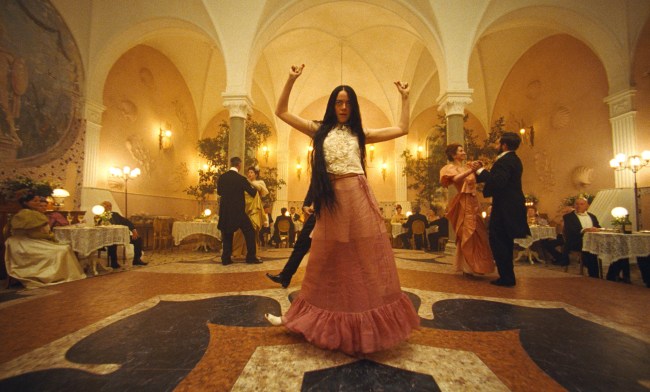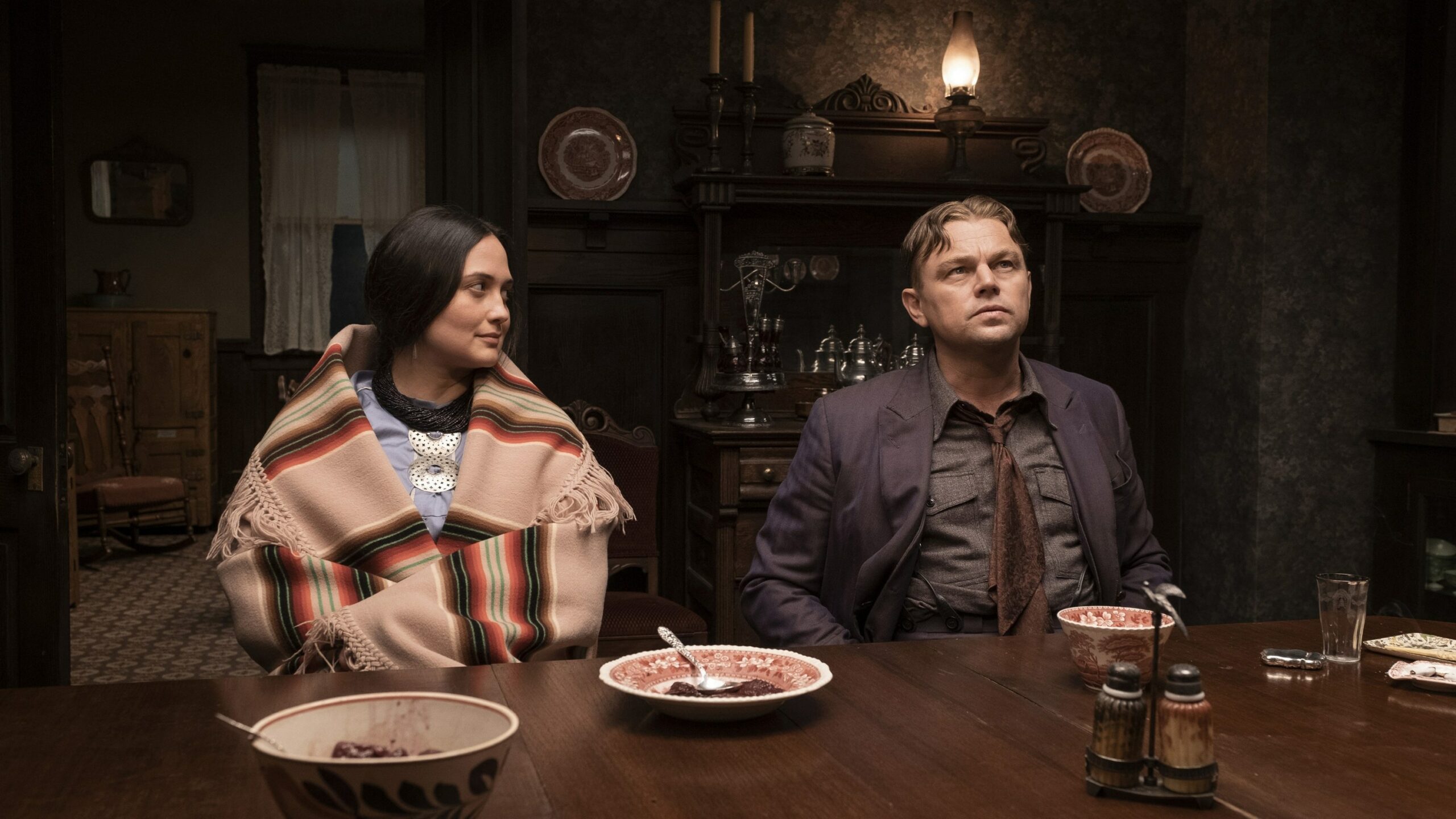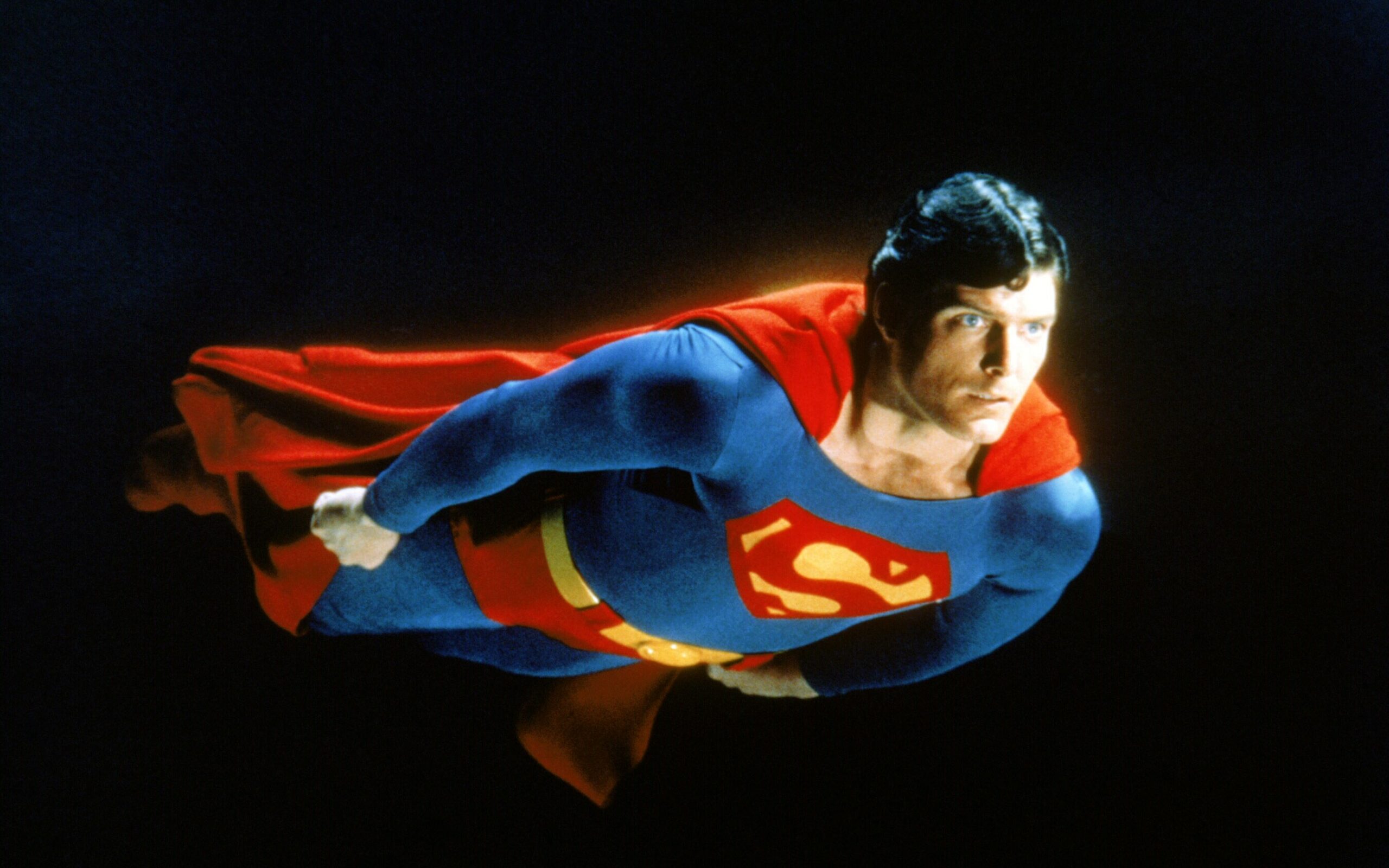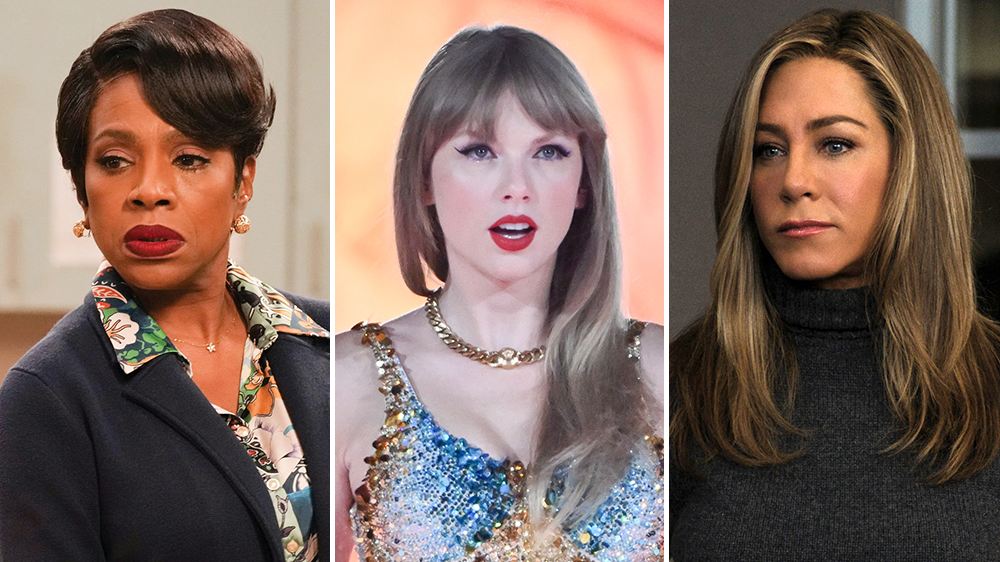There’s more (much more) to “Poor Things” than its frank and (frankly) bonkers sex and nudity, but inevitably, questions around it will only continue to come up for director Yorgos Lanthimos. That includes during a recent IndieWire interview shared...
There’s more (much more) to “Poor Things” than its frank and (frankly) bonkers sex and nudity, but inevitably, questions around it will only continue to come up for director Yorgos Lanthimos.
That includes during a recent IndieWire interview shared with the film‘s screenwriter, Tony McNamara, with whom Lanthimos has been collaborating since their 2018 Oscar-winning, similarly bawdy period piece “The Favourite.” But even that film can’t quite prepare you for the tale of Emma Stone’s Bella Baxter, a reanimated corpse on an epic quest of the soul and body to learn what being human really means. Bella’s erotic journey takes her from a Gothic-inspired Victorian London to Lisbon to a Mediterranean cruise line and eventually to a bordello in Paris, where she learns she can indulge in her favorite pastime and get paid while doing it.
Back at the Venice Film Festival where “Poor Things” first premiered, Lanthimos wondered, “Why is there no sex in movies?” Well, he delivers on that open question with a lot of sex onscreen in this one, including with Mark Ruffalo as raffish bon vivant Duncan Weddenburn.
Here, McNamara and Lanthimos adapt Alasdair Gray’s 1992 novel, whittling down its epistolary framework to more deeply explore Bella’s subjectivity — which means being true to her erotic questing self in all its taboo-riling glory. Prudish quadrants of the audience may be shocked, while anyone even a taste familiar with the European arthouse will hardly be scandalized.
“Poor Things” is by no means pornographic, but you have to wonder how this brazenly sex-crazed movie made it through the MPA system without an NC-17.
“In the beginning with the script, there wasn’t any kind of concern, but maybe after we shot the movie, it materialized,” Lanthimos said when asked if there were requests on the studio or production side to cut back on the film’s more prurient preoccupations at the script or post stages. “It’s just figuring out how a very specific group of people will perceive it and react to it. I find it a strange kind of process anyway, but I don’t think there was a lot to it in the end. We showed the film, we made tiny tweaks in order to get the R-rating.”
Lanthimos added, “But it was always supposed to be what it is. It was very important that we were true to the character of Bella, and it is very important that she has no shame about anything, not just sex, but her interactions and relationships and the way she perceives the world, the way she wants to experience the world, all of that.”
 “Poor Things”©Searchlight Pictures/Courtesy Everett Collection
“Poor Things”©Searchlight Pictures/Courtesy Everett Collection
His star Emma Stone, who bares all in the movie in her most unrestrained and laugh-out-loud performance to date, felt the same way. “The sex aspect of it was the same. We had to deal with it the same way we dealt with everything else,” he said. “Otherwise, it would be very disingenuous to the character. And that’s how Emma felt as well, and that’s what we did. You can only go by your own perception around what’s right, [whether] it’s violence or sex or comedy or drama or music.”
Have American movies become more prudish in general? “People are saying, oh, there’s a lot of sex on TV. It’s a strange kind of separation between genres,” Lanthimos said. “Where I come from, you’d expect films would be bolder and more personal. But I guess in Anglo-Saxon countries or America, it might be that TV is a little bit more liberated from those kinds of taboos. I have no idea. I can only be true to the things that I want to make and the story and the character I’m telling.”
“Poor Things,” in fact, has been 12 years in the making for Lanthimos, ever since first meeting Alisdair Gray, who died in 2019. And while he’s working off previously written material with McNamara, “Poor Things” still carries the bold imprimatur of the personal style Lanthimos established in nuclear family neltdowns like “Dogtooth” and “The Killing of a Sacred Deer” or the dystopian romance “The Lobster.”
“I always want to actually quit after each time I make a film, I want to retire, because it’s so difficult and stressful. After finishing one, I’m saying like, why am I doing this? I never want to do this again! Maybe I’ll do something else. Then of course time goes by and you forget all that, and you’re intrigued by something new and want to improve yourself,” the filmmaker said.
What would it take for Lanthimos to stop making movies altogether? “I wouldn’t like it if cinemas didn’t exist. I don’t know if I’d be as excited to be making films only for iPhones and laptops. I might if you have no other outlet, maybe, but that would be something devastating. I don’t think it’s primarily exterior to me, the reason that would make me stop. It would be if I’m not interested in exploring other characters. Even if that devastating thing happened, like there’s no cinema, if you still had the urge to explore, you would compromise and find this other medium. … To stop it would be something much more personal, like feeling that nothing is progressing, or the stress is so much that it’s unbearable. Which is what I think every time I finish, but then it goes away.”
“Poor Things” opens in select theaters from Searchlight Pictures on Friday, December 8, with expansion to follow.
The post Yorgos Lanthimos Wonders If American TV Is ‘a Little Bit More Liberated’ from Taboos Than Hollywood Movies appeared first on We Are Actors.












